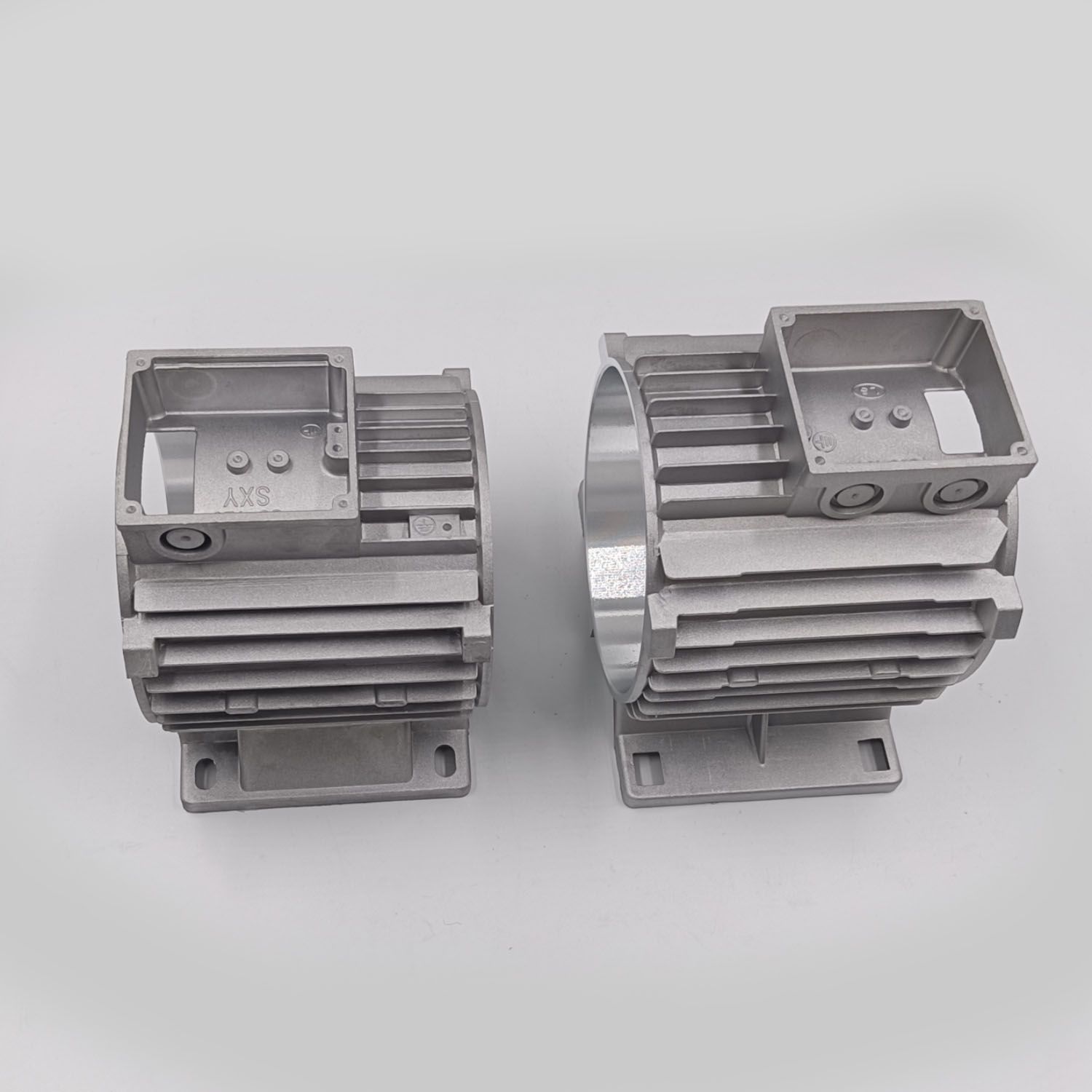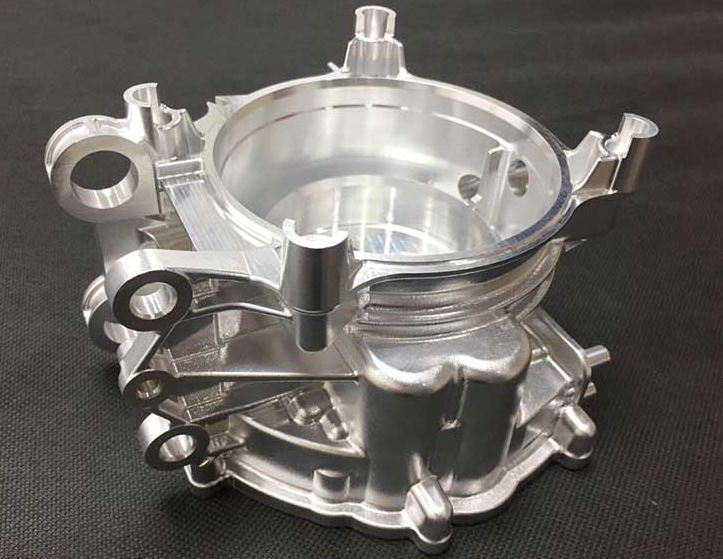The 30-Second Trick For Stahl Specialty Company
The 30-Second Trick For Stahl Specialty Company
Blog Article
The Best Guide To Stahl Specialty Company
Table of ContentsStahl Specialty Company Can Be Fun For EveryoneThe Ultimate Guide To Stahl Specialty CompanyThe Best Guide To Stahl Specialty CompanyThe Ultimate Guide To Stahl Specialty CompanyFacts About Stahl Specialty Company Revealed
The refined distinction hinges on the chemical material. Chemical Comparison of Cast Light weight aluminum Alloys Silicon promotes castability by lowering the alloy's melting temperature and improving fluidness during casting. It plays a critical role in allowing elaborate molds to be filled precisely. In addition, silicon adds to the alloy's stamina and use resistance, making it beneficial in applications where durability is crucial, such as vehicle components and engine components.It also enhances the machinability of the alloy, making it less complicated to process into completed items. In this way, iron adds to the total workability of light weight aluminum alloys. Copper boosts electric conductivity, making it helpful in electrical applications. It additionally boosts corrosion resistance and includes in the alloy's total stamina.
Manganese contributes to the strength of light weight aluminum alloys and boosts workability. Magnesium is a lightweight element that supplies toughness and influence resistance to aluminum alloys.
It permits the production of lightweight parts with outstanding mechanical residential properties. Zinc boosts the castability of aluminum alloys and aids manage the solidification process during casting. It boosts the alloy's strength and solidity. It is typically discovered in applications where elaborate shapes and fine details are needed, such as attractive castings and specific vehicle parts.
What Does Stahl Specialty Company Do?
Due to the fact that aluminum-silicon alloys have great casting residential or commercial properties, high gas properties, easy processes, and outstanding corrosion resistance, aluminum-silicon alloys are most generally made use of in the die-casting industry in the house and abroad. At the same time, aluminum-silicon alloys are additionally relatively early and widely recognized alloys created and made use of in die-casting. After constant research and improvement, the majority of the existing worldwide mainstream aluminum-silicon alloys have been settled and are nothing greater than A356, A360, A380, ADC12, B390, and A413.
The main thermal conductivity, tensile stamina, return strength, and elongation differ. Amongst the above alloys, A356 has the highest thermal conductivity, and A380 and ADC12 have the most affordable.

Some Known Incorrect Statements About Stahl Specialty Company
In accuracy spreading, 6063 is fit for applications where complex geometries and top quality surface coatings are vital. Instances include telecommunication units, where the alloy's remarkable formability permits sleek and aesthetically pleasing layouts while preserving architectural honesty. In a similar way, in the Lights Solutions industry, precision-cast 6063 elements produce sophisticated and reliable lighting components that require detailed forms and good thermal efficiency.
(https://anotepad.com/note/read/k3dhi827)
The A360 shows superior prolongation, making it optimal for complex and thin-walled elements. In accuracy casting applications, A360 is appropriate for sectors such as Customer Electronic Devices, Telecommunication, and Power Devices.

In precision spreading, aluminum 413 shines in the Customer Electronics and Power Tools industries. It's frequently made use of to craft detailed components like smart device real estates, camera bodies, and power tool coverings. Its precision is impressive, with tight resistances as much as 0.01 mm, ensuring perfect product setting up. This alloy's remarkable deterioration resistance makes it an outstanding option for outdoor applications, making sure durable, long lasting items in the mentioned industries.
Getting My Stahl Specialty Company To Work
Once you have decided that the aluminum pass away casting process is suitable for your project, a vital following action is choosing the most appropriate alloy. The light weight aluminum alloy click here now you choose will considerably influence both the casting procedure and the residential properties of the end product. Since of this, you have to make your choice carefully and take an educated method.
Establishing the most ideal light weight aluminum alloy for your application will certainly imply weighing a broad selection of attributes. These comparative alloy features comply with the North American Pass Away Spreading Association's guidelines, and we've divided them into two categories. Foundry near me. The first classification addresses alloy features that influence the manufacturing process. The 2nd covers features influencing the residential properties of the last product.
The alloy you select for die casting directly influences several facets of the spreading process, like exactly how very easy the alloy is to deal with and if it is prone to casting problems. Hot breaking, likewise called solidification cracking, is a normal die spreading flaw for light weight aluminum alloys that can lead to inner or surface-level tears or fractures.
Stahl Specialty Company Fundamentals Explained
Particular light weight aluminum alloys are much more at risk to hot splitting than others, and your selection needs to consider this. Casting Foundry. It can harm both the actors and the die, so you must look for alloys with high anti-soldering properties.
Deterioration resistance, which is already a notable quality of aluminum, can differ considerably from alloy to alloy and is a crucial characteristic to think about depending upon the environmental conditions your item will be subjected to. Put on resistance is another home typically sought in aluminum items and can distinguish some alloys.
Report this page